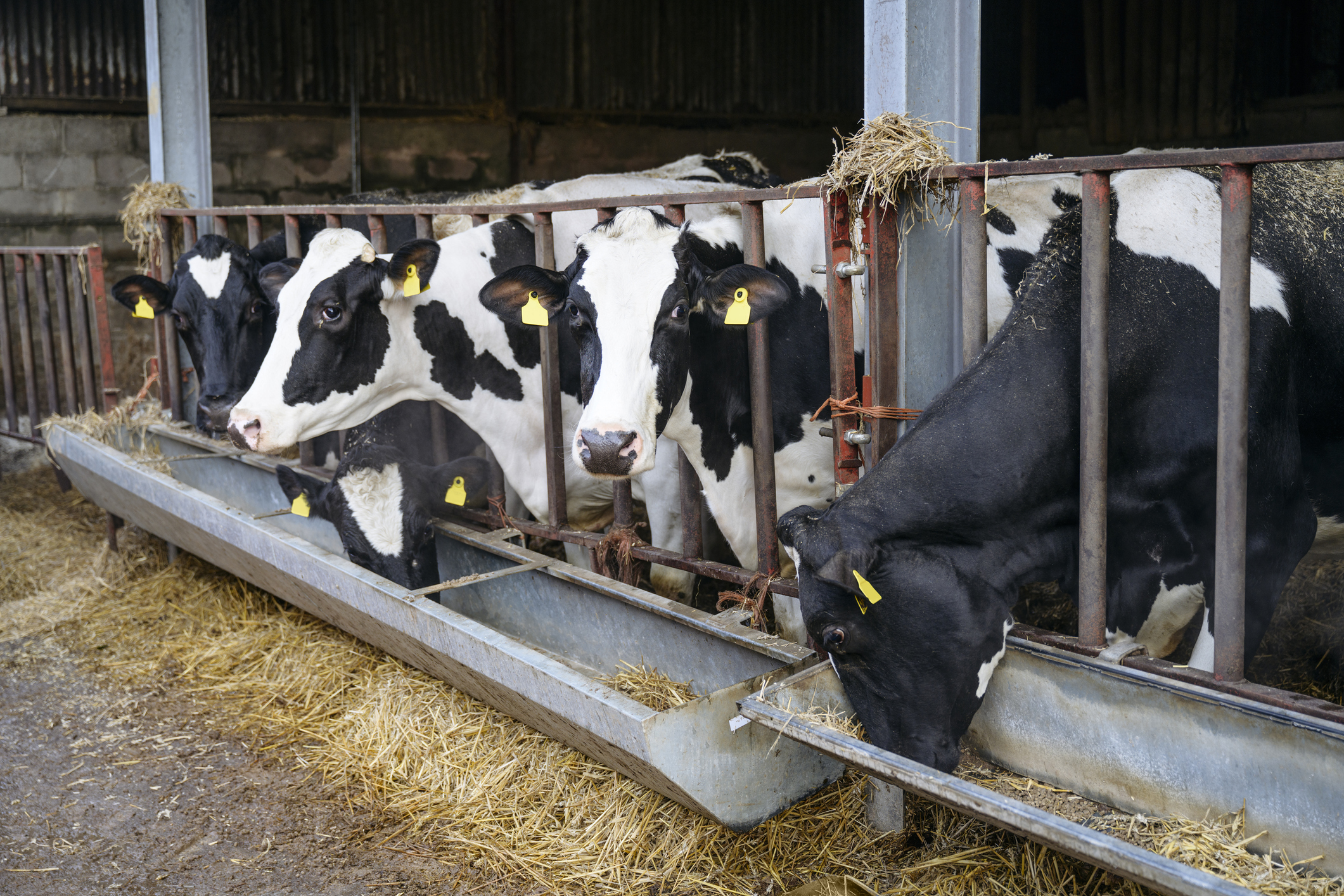China has cloned 3 'super cows' that produce more milk than average


A free daily email with the biggest news stories of the day – and the best features from TheWeek.com
You are now subscribed
Your newsletter sign-up was successful
Chinese scientists have successfully cloned three "super cows" capable of producing large amounts of milk, state media has said. To make the calves, scientists "made 120 cloned embryos from the ear cells of the highly productive cows and placed them in surrogate cows," CNN summarizes, per the state-run Technology Daily.
The "highly-productive" source cows can produce 18 tons of milk per year, nearly 1.7 times the amount of milk an average cow in the U.S. produced in 2021. But according to the Chinese newspaper Global Times, only five in 10,000 cows in China can produce that much milk, and 70 percent of the country's dairy cows are imported from overseas.
"We plan to take two to three years to build up a herd comprised of over 1,000 super cows, as a solid foundation to tackle China's reliance on overseas dairy cows," said Jin Yaping, the project's lead scientist. The country's growing middle class has increased the overall demand for dairy, writes Newsweek.
The Week
Escape your echo chamber. Get the facts behind the news, plus analysis from multiple perspectives.

Sign up for The Week's Free Newsletters
From our morning news briefing to a weekly Good News Newsletter, get the best of The Week delivered directly to your inbox.
From our morning news briefing to a weekly Good News Newsletter, get the best of The Week delivered directly to your inbox.
But the real question here is whether it's dangerous to consume products from cloned animals. According to the U.S. Food and Drug Administration, "meat and milk from clones of cattle, swine, and goats, and the offspring of clones from any species traditionally consumed as food, are as safe to eat as food from conventionally bred animals."
A drawback of cloning is that it reduces the genetic diversity of livestock, making the species in question more susceptible to disease and other issues. Still, "clones allow farmers to upgrade the overall quality of their herds by providing more copies of the best animals in the herd," per the FDA. And it's not just livestock — cloning plant species, such as the giant redwood, has been considered as a potential solution to restore forests and stall climate change.
A free daily email with the biggest news stories of the day – and the best features from TheWeek.com
Devika Rao has worked as a staff writer at The Week since 2022, covering science, the environment, climate and business. She previously worked as a policy associate for a nonprofit organization advocating for environmental action from a business perspective.
